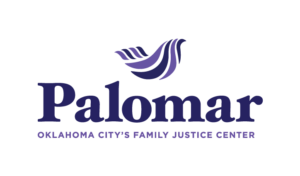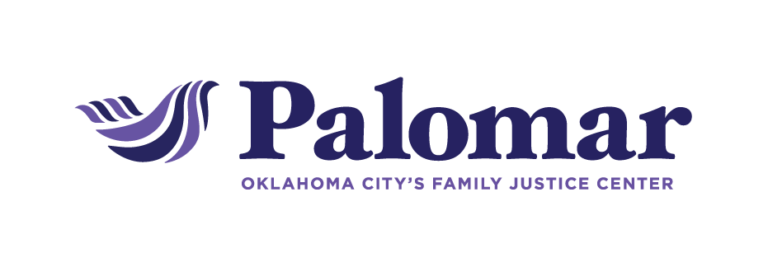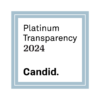Listen for Good : Closing the Loop on Round 2
In 2016, Palomar was nominated by The Inasmuch Foundation for a Listen for Good grant. The grant provided funding to collect feedback in 2018 and 2019.
“Listen for Good (L4G) is a Fund for Shared Insight initiative dedicated to building the practice of listening to the people we seek to help, especially those whose voices are least heard. … L4G is focused on applying a semi-standard survey instrument — which includes using the Net Promoter System (NPS®) employed widely in customer feedback circles — to the nonprofit client context.”
This grant provided funds (contributed both from the Fund for Shared Insight and the nominating organization (The Inasmuch Foundation) to improve Palomar’s ability to collect feedback from our clients in order to improve services provided and overall client satisfaction.
An important component of the L4G program is “Closing the Loop” — a step wherein we share our findings with our clients and the community at large. We want you to know that we have listened to your feedback, and we want you to know where and how we are working to address areas for improvement. Our findings are below:
Here's what our clients told us:
Hint: hover over the purple boxes to read more!
They want more mental health services
They want more job skills & employment
They want more self-confidence building
Other things we learned:
Overall, we learned that Palomar clients are very satisfied with the services they have been receiving.
When asked what Palomar was good at, clients used phrases like: "helping people" "listening" "providing support" "being knowledgeable" "explaining options" "making you feel safe" "making you feel comfortable"
Additionally, 15 of 120 respondents stated that Palomar was good at "Everything."
Other areas where we can improve:
Here's how we did it:
Surveys were collected at Palomar through a variety of methods, including: links on the computers in our computer lab, an iPad at the front of the building for clients to use as they are leaving, paper surveys, and in some cases, client interviews. Surveys were provided in English and Spanish. However, the collection method did not appear to dramatically alter the content of the responses. While data was initially analyzed when we received 120 responses, we have left the survey collector open for now.
To see the complete results, click here.
Thank you to all the brave survivors who shared their experience with us. We hear you and strive to provide the best services possible.


